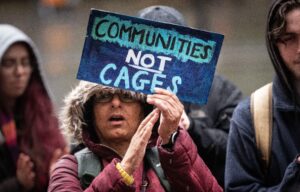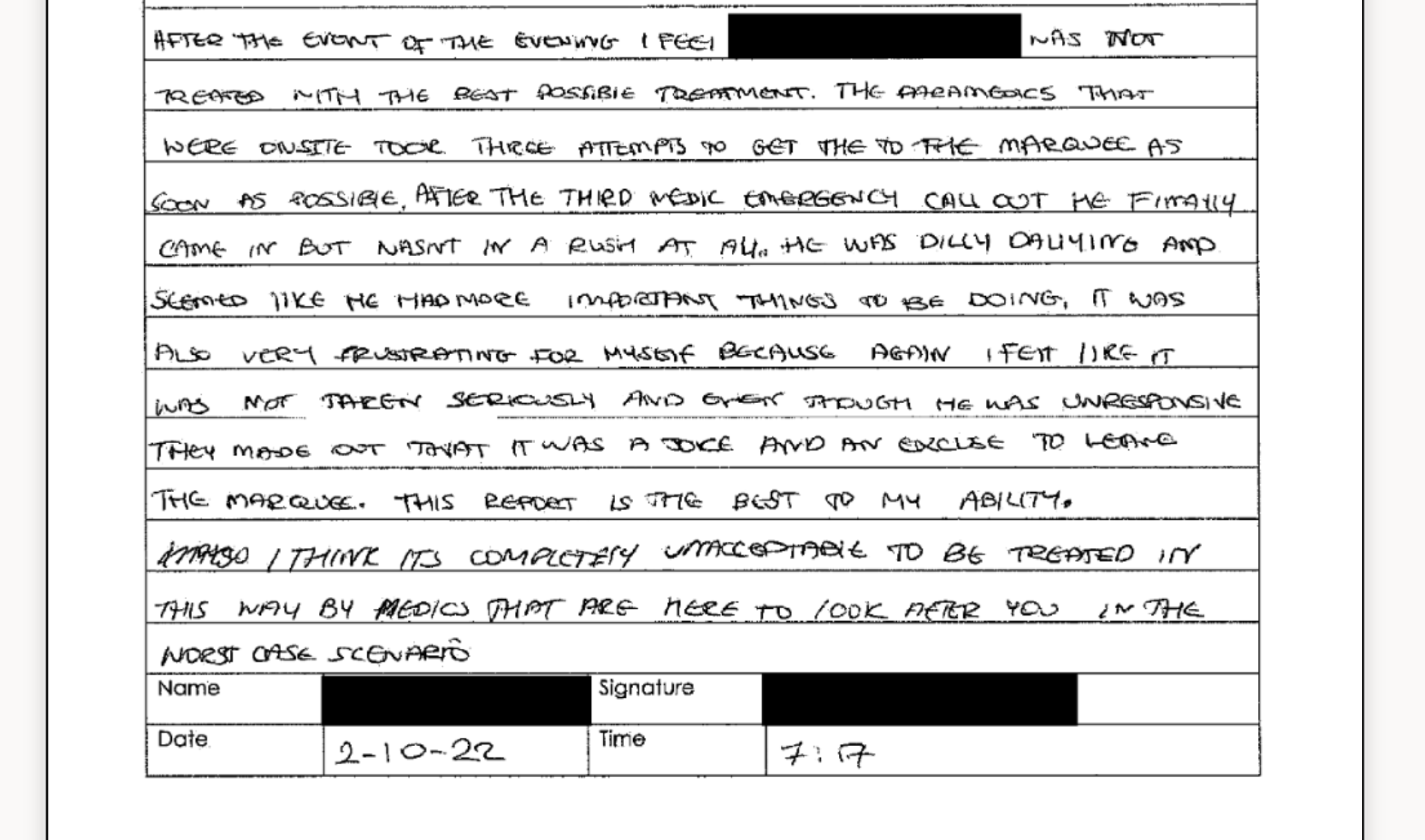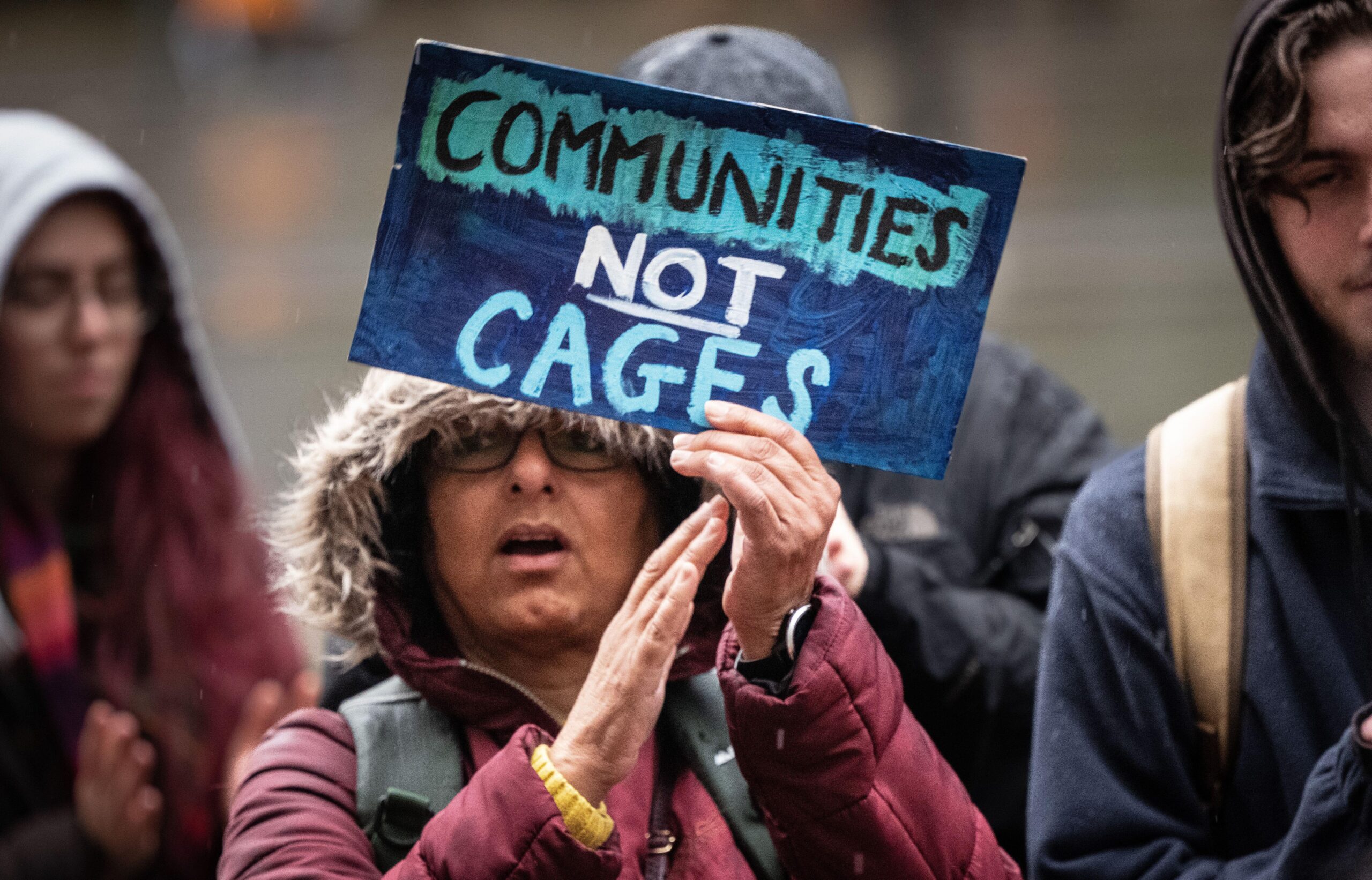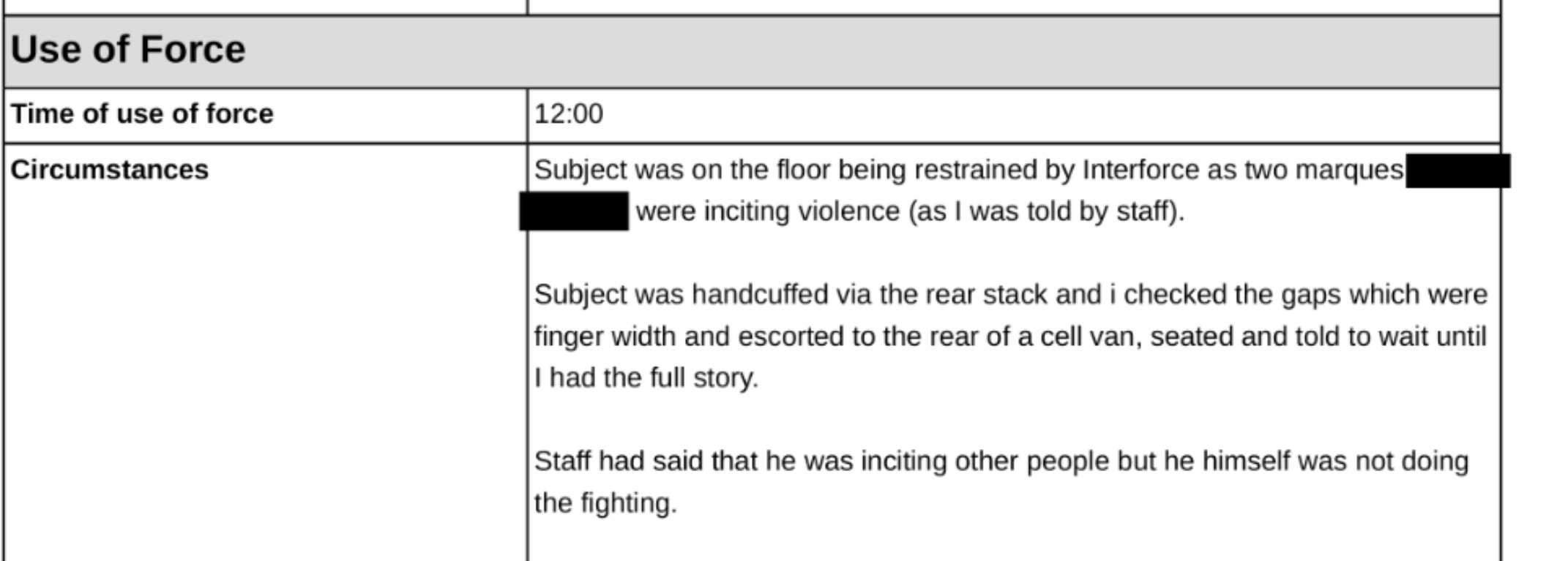Asylum seekers at Manston were handcuffed, restrained and struck, internal docs show
Published on 04 February 2023
Photo: Alamy

Documents reveal how officers locked detainees in "cell vans" where some began self-harming
Reports Aaron Walawalkar, Liberty Investigates journalist; Eleanor Rose, Liberty Investigates Editor; and Lizzie Dearden, Home Affairs Editor at the Independent.




